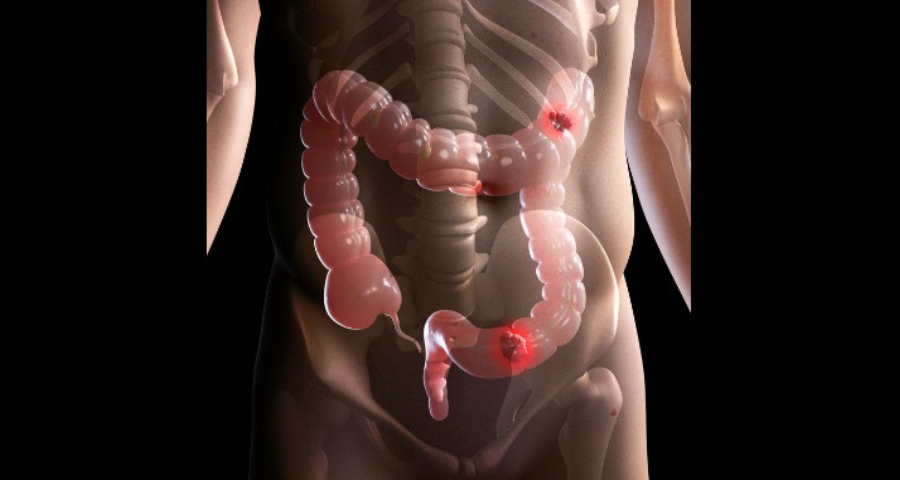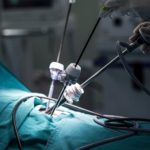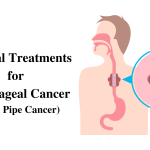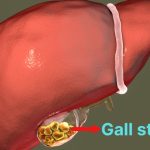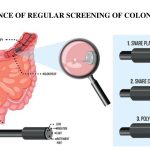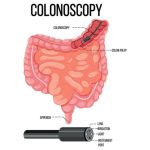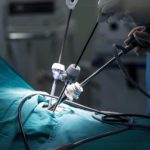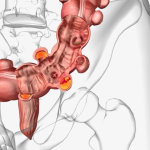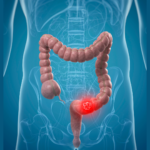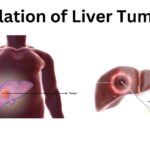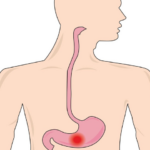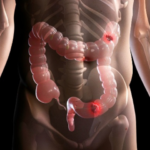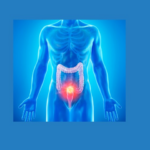Robotic surgery has revolutionized minimally invasive surgery to provide ease, precision, and organ preservation and is both patient and surgeon-friendly.
Robotic resections for colorectal cancer are becoming the new norm in many colorectal surgery facilities worldwide.
Sahasra Hospitals, Jayanagar in collaboration, now does Robotics Surgery procedures in Bangalore. Senior Consultant Surgical Gastroenterologist, Dr Srikanth Gadiyaram believes there will be an increasing role of robotic surgery for complex gastrointestinal cancer surgery.
Dr Srikanth G with over two decades of experience in laparoscopic surgery for GI cancers said
“Robotic surgery has set a new paradigm for minimally invasive surgery”.
Robotic surgery, like open or laparoscopic surgery, necessitates competence and a learning curve. The learning period for robotic surgery appears to be faster (“shorter learning curve”) than for laparoscopic surgery since simulators can be easily employed and the computerized interface allows working with two consoles, which is a valuable teaching tool.
What Happens During the Surgery?
A few tiny abdominal incisions (each approximately the size of a dime) are used by the surgeon during a robotic surgery to enter the surgical tools and a long, thin, illuminated tube with a camera into the abdominal cavity. To remove the unhealthy tissue, a wider incision may be done.
The surgeon will remove a portion or the entire colon or rectum, as well as any malignant tissue and perhaps adjacent lymph nodes.
During the surgery, your surgeon sits next to you at a console and operates with small, wristed devices that translate every hand movement your surgeon makes in real time to bend and rotate the instruments precisely.
Fluorescence imaging, which uses an injected dye to light up and clearly shows blood flow to the colon, may also be used by your surgeon. This dye may aid your surgeon’s visibility during the surgery.
Dr. Srikanth Gadiyaram will assist you through the treatment and make you feel at ease with his 20+ years of experience and competence in robotics surgery.
Advantages
Over the last two decades, minimally invasive surgery has revolutionized general surgery.
Robotics Surgery has advantages over laparoscopic surgery, particularly in rectal cancer surgery because they allow for immersive 3D visualization, have articulating wrists, eliminate the surgeon’s tremor, and allow for more precise and complex movements (when compared to traditional open/ laparoscopic surgery instruments). It has a particularly important role in sphincter preserving rectal surgeries, liver resections and pancreatic resections.
Robotic surgery, which is commonly used for colorectal cancer, provides the benefits of a three-dimensional surgical perspective, stability, and seven degrees of automated arm movement.
Compared to traditional surgery, short- and long-term oncologic results show that robotic colorectal surgery is practical and safe.
Advanced robotic surgical technologies have resulted in improved intraoperative and perioperative clinical results, as well as functional outcomes.
As technological developments in robotic surgery enhance surgical performance and results, it is becoming more popular as a therapeutic option for colorectal surgery.
In conducting accurate dissection, robotic surgery for colorectal cancer offers significant benefits over traditional surgery. It gives the surgeon a three-dimensional surgical perspective, eliminates tool tremors, and lowers robotic interface movement.
Furthermore, the robotic arms’ tips are comfortably built to give seven degrees of freedom and 180° movement.
Disadvantages
However, as compared to conventional procedures, robotic surgery has the disadvantage of delivering less tactile feeling and tensile feedback to the surgeon, both of which are significant downsides when manipulating tissue during an operation.
Furthermore, expected procedures for robotic carts are time demanding and necessitate the use of extra assistance.
Robotic carts may sometimes be difficult to remove rapidly.
High acquisition and maintenance cost
Risk of mechanical failure
To determine whether robotic surgery is appropriate for you or if you wish to learn more about it, call 8880837000 or 9880105829.

